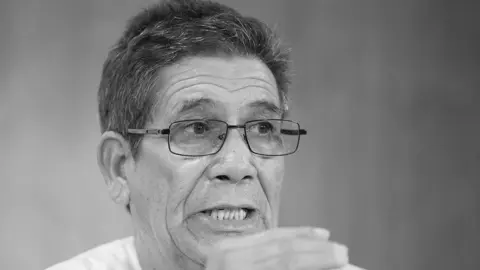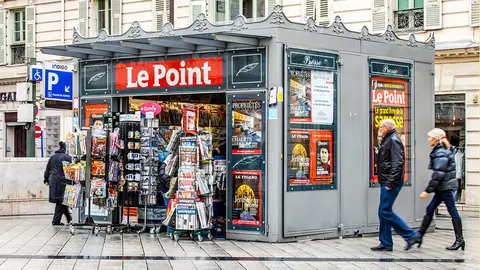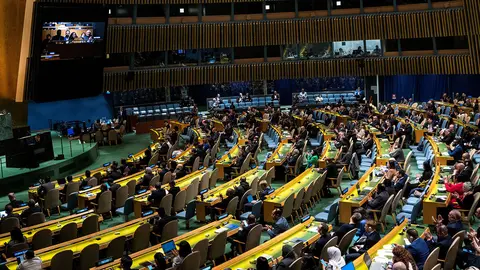Heavy blow for Algeria: the African Union excludes the Polisario Front
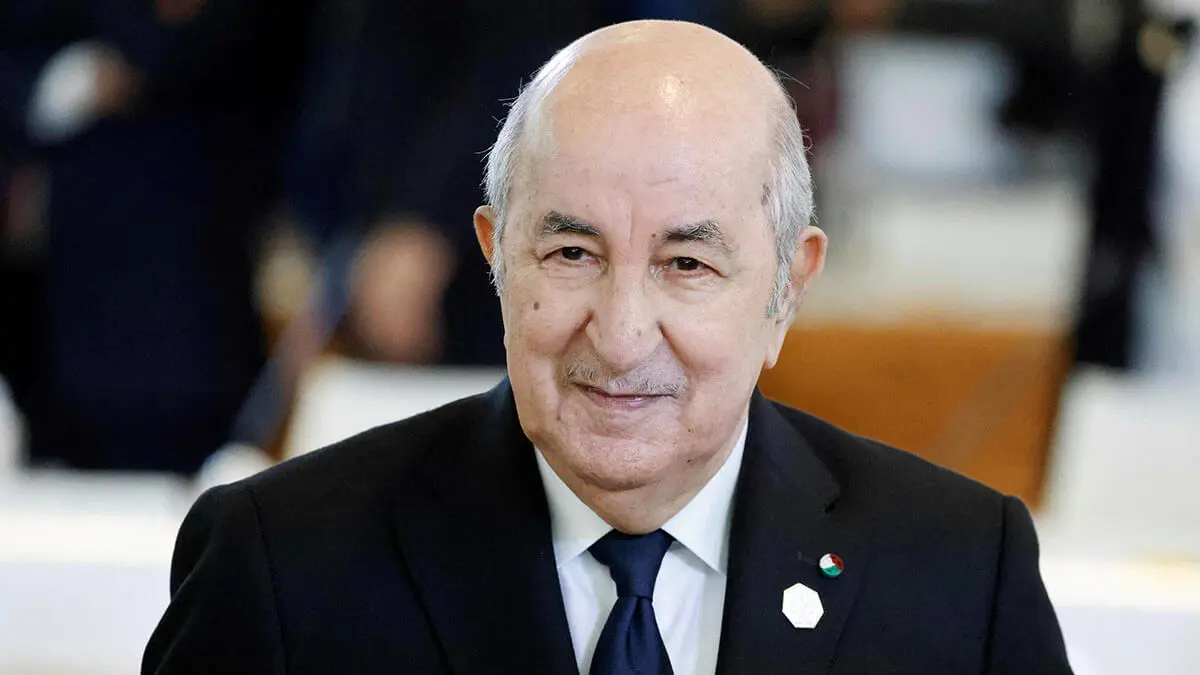
Algeria is in the midst of a political crisis, which has been compounded by the AU's decision to exclude Algeria's political arm in Western Sahara. The Polisario Front, classified as a separatist group, is now, thanks to this decision, "of inconsequential weight with inconsequential support and/or recognition in Africa".
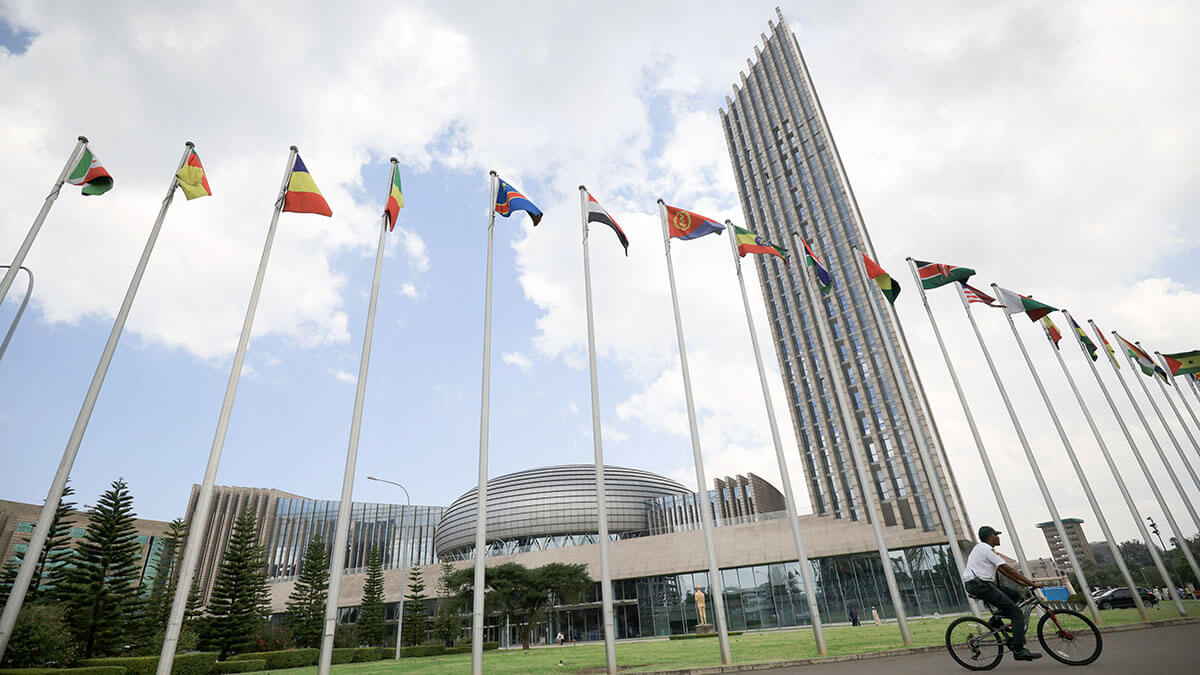
The decision was taken at the 45th session of the Executive Council of the African Union (AU), held in Accra, the capital of Ghana. With an absolute majority of 52 out of 54 votes, the AU approved the suspension of the presence of members and representatives of the Front in any meetings with international partners.
Political analyst Oualid Kebir told Morocco World News: "The new decision stipulates that only AU member states can participate in the main international forums where the AU meets with its partners". Based on these words, Sabri Lhou, a lawyer and international expert on issues related to migratory movements, considered this resolution as ‘a Moroccan victory’.
The AU's move will reduce the influence and recognition of the Sahrawi Arab Democratic Republic (SADR) to its lowest levels in Africa, leaving Algeria weakened and the Polisario in a vulnerable position with "no say" on the continent.
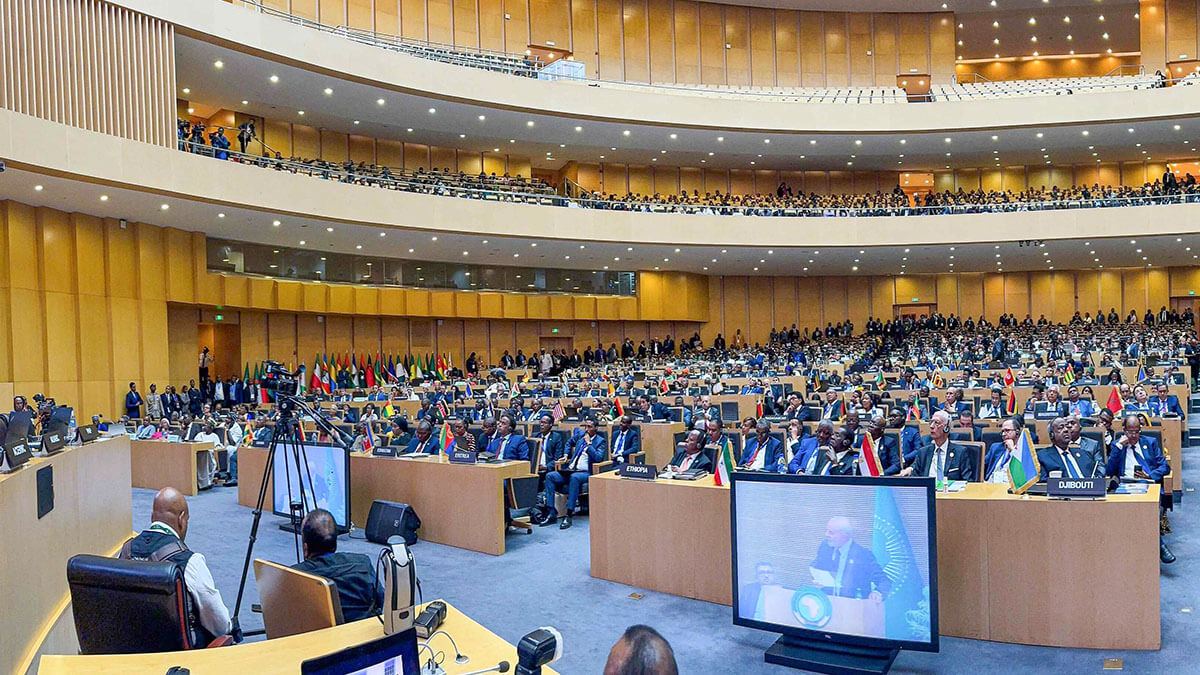
Morocco World News sources say the decision caused outrage within the ranks of the Polisario Front and among its devotees and financiers. The AU stressed that the decision was taken because of the illegal operations in Tindouf and because SADR is worthless as it is not considered an independent state.
The decision leads to the worst omens for the Polisario. The ruling is shaping up to be a turnabout which, following in the footsteps of the UN Security Council, will consider the aspirations for SADR as "impossible".
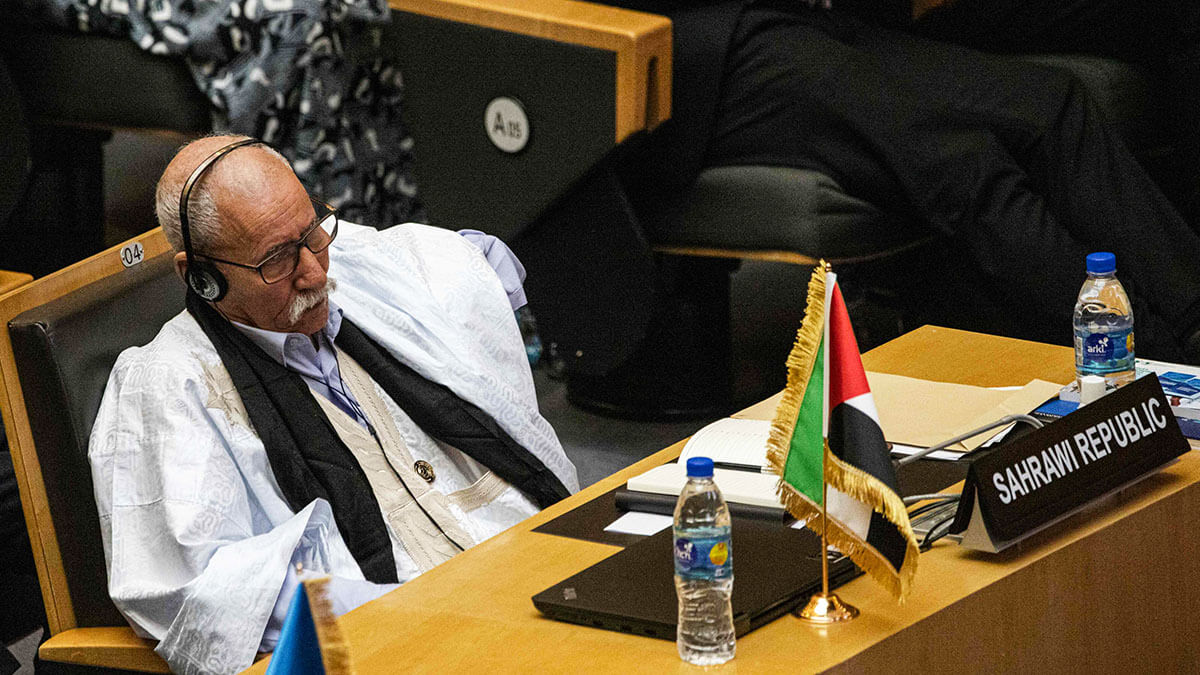
The international consequences of the ruling not to allow SADR's participation in AU-related summits include: the generation of new tensions between Algeria and African countries, a negative impact of Algeria in the region, and increased tension with Morocco, which has been the biggest and strongest opponent of the Polisario Front's often human rights-violating policies and actions, especially in the southernmost parts of the Western Sahara region.
Morocco's influence in the decision is due to the strong diplomatic relations it has established with many African and Western countries, which has allowed it to be an important actor in African Union decision-making and to gain support for its position in the Western Sahara conflict.
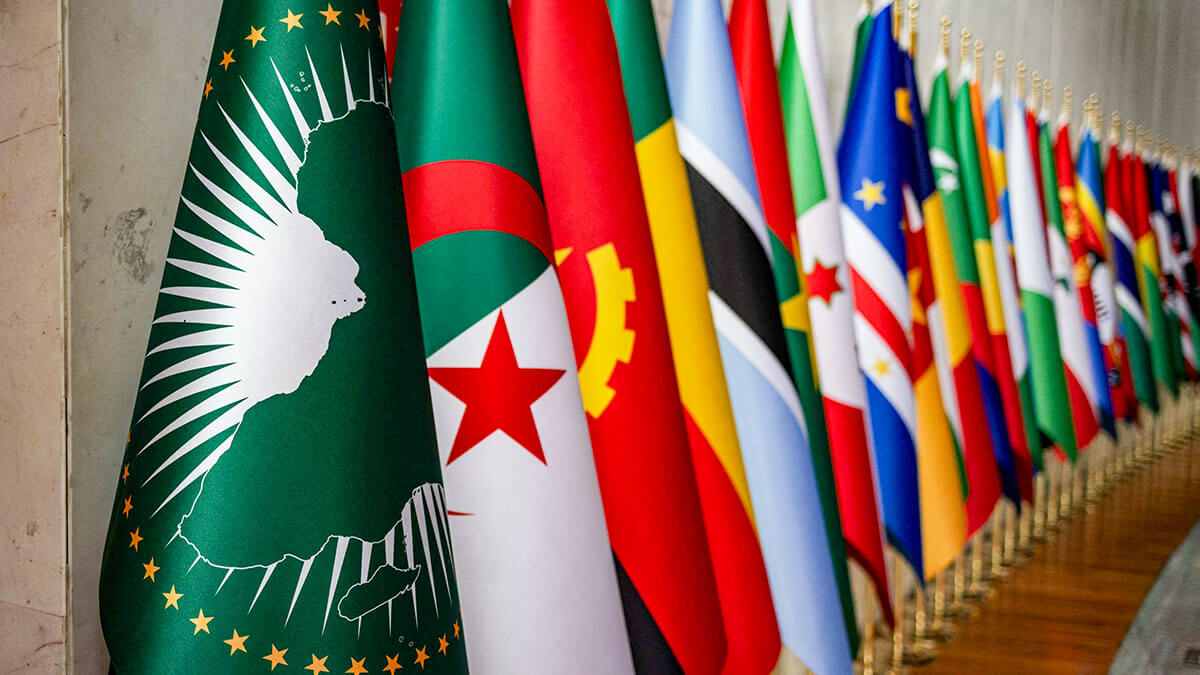
SADR's exclusion from AU summits can be seen as an effort by the organisation to maintain unity and coherence in relations with countries around the world, thus avoiding division and division in the area. However, it could also be seen as a blow to the Sahrawi regime led by Brahim Ghali, which is eager to promote its cause and gain international recognition.
Since Morocco's 2007 change of vision through the Autonomy Plan, UN resolutions on Western Sahara have described the Moroccan solution as the "best and most viable" to bring the Sahara conflict to a complete end.
However, if there is one person who is particularly "touched", it is the Algerian president, Abdelmadjid Tebboune. For Algerian diplomacy, the decision was an attack by the AU on those it called "Morocco's political weapon". Algerian Foreign Minister Ahmed Attaf accused the organisation of wanting to implement exclusionary policies. According to Morocco World News, Attaf's first reactions were of "anger and regret at receiving such an institutional attack".

